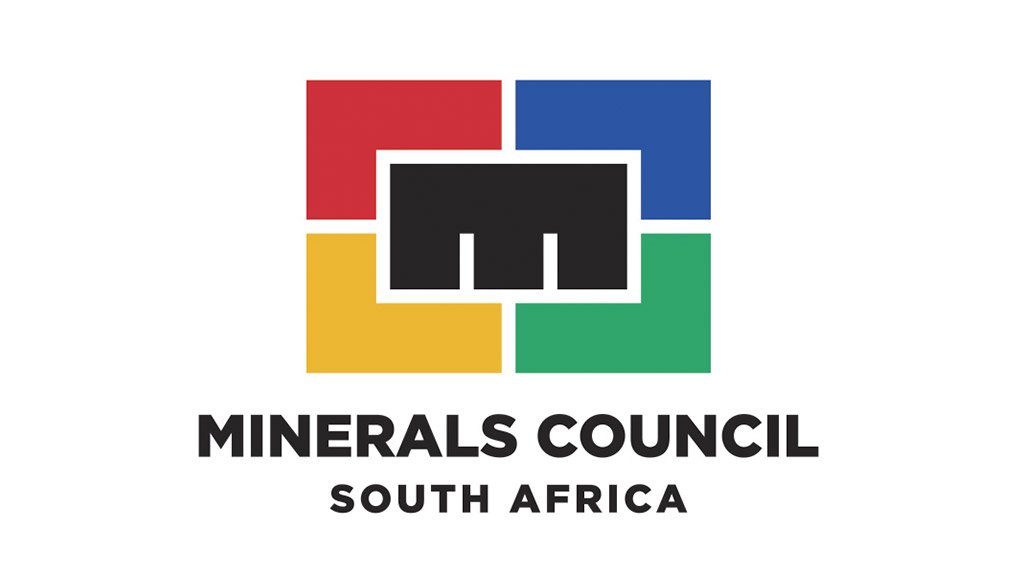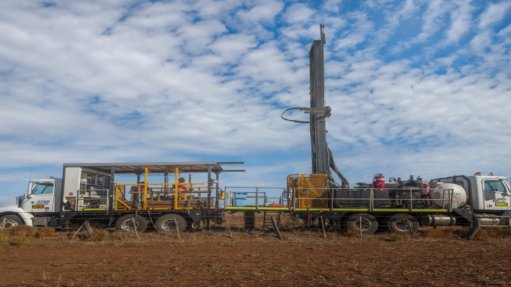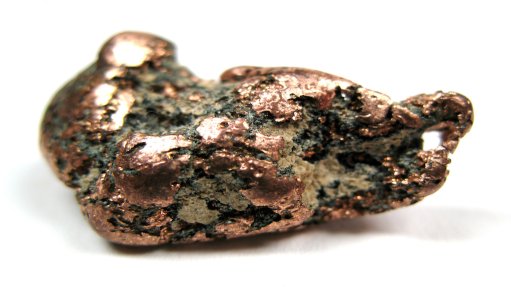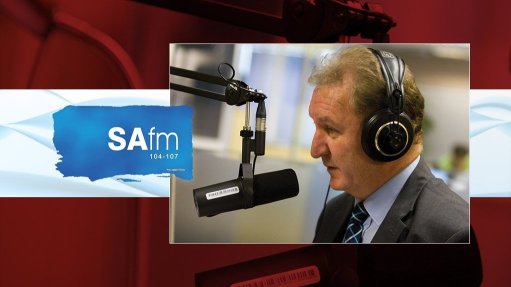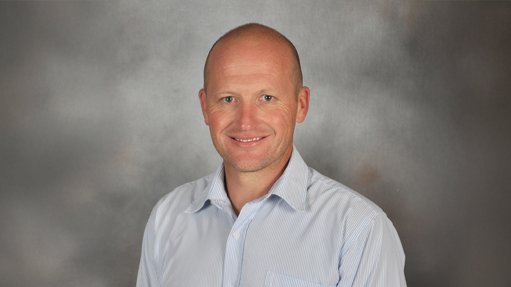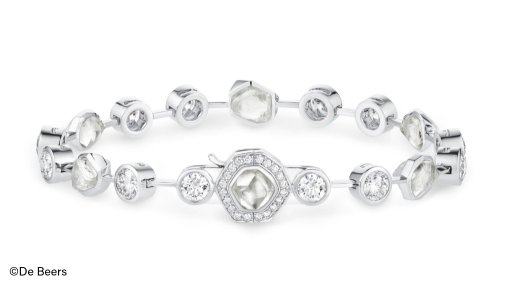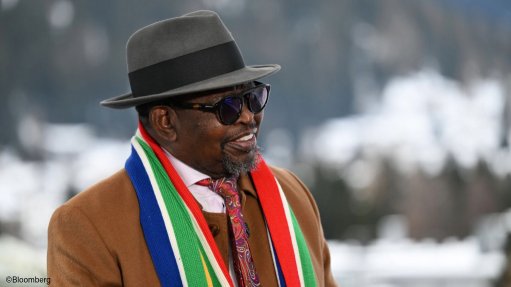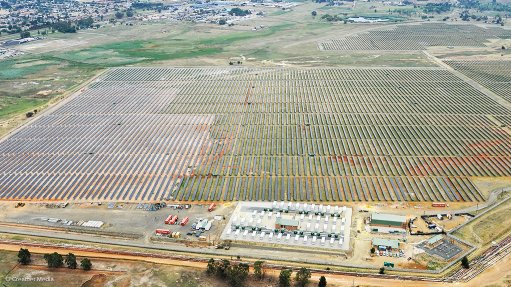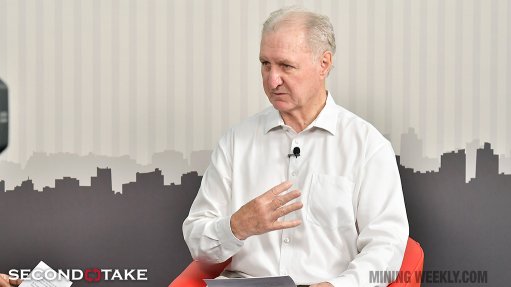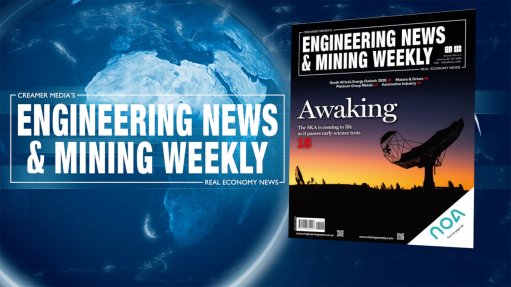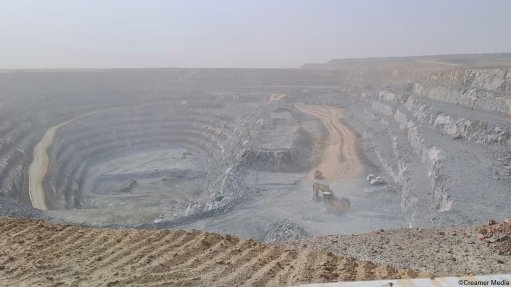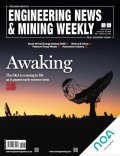Mining proves its importance to the fiscus, but Transnet lets the side down
The strong financial performance of the South African mining industry during two years of the Covid-19 pandemic, its associated lockdowns and slowing economic performance has proved how valuable the sector is for the country and how much more it can contribute to the fiscus and society.
From a national level, it is not an idle boast that the mining industry bailed out the South African economy as higher commodity prices translated to higher contributions to the fiscus from corporate taxes and royalties in 2020 and 2021. The tragedy is that the contribution could have been billions of rands more if South Africa’s rail and port infrastructure were delivering to targets let alone nameplate capacity.
In the 2021/22 financial year, mining contributed R127-billion in tax out of total corporate income tax of R318-billion. South Africa recorded a current account surplus because of the high prices of iron ore, coal and rhodium. Minerals made up more than 60% of South Africa’s exports. Mineral and petroleum royalties nearly doubled year-on-year to R28-billion.
Tax receipts for the year were R180-million higher than expected, coming it at R1.55-trillion because of the windfall from commodity prices.
The Minerals Council South Africa has repeatedly noted that the true benefits of the high price commodity market was missed because of the inability of Transnet to meet targets on its railway network serving bulk mineral commodities like iron ore, coal and chrome, resulting in a R35-billion opportunity cost for the industry and - seeing as about a third of that revenue would have gone to the fiscus - the country. If Transnet operated at nameplate capacity, which is more than the freight targets it set, the industry would have earned R50-billion more in 2021.
For coal, by way of example, if Transnet had matched its nameplate capacity of 78-million tonnes compared to the 58-million tonnes it delivered in 2021, the industry would have generated R32-billion extra in revenue. By missing its target of 68-million tonnes, the industry lost revenue of R16-billion.
If Richards Bay Coal Terminal had been serviced by rail to meet its nameplate capacity of 91-million tonnes in 2021, the industry would have generated R47-billion in extra exports.
The Minerals Council has raised with several ministers the high cost of Transnet’s failings due to rampant crime on its rail network and hundreds of locomotives idled because of a lack of spare parts stemming from legal disputes with suppliers as a result of corruption within Transnet. The problems in Transnet need urgent attention from the security cluster to stop theft of copper, cabling and rails, as well as immediate intervention at the highest level to break the impasse over supplies of spares from Chinese manufacturers.
The state has moved in the right direction by opening certain rail lines and harbours to private operators, but for the bulk mining industry this will mean little because the concessions are mainly focused on the general freight and container services.
It is a desirable structural reform that needs to extend into the bulk commodity sector.
The state’s decision to allow for licence-free embedded generation of 100 MW of electricity is the most significant structural reform in two decades and was widely welcomed by the mining industry and broader industry. Minerals Council members have between 8 GW and 10 GW of energy projects, with Anglo American the largest after announcing it intended providing renewable energy of up to 5 GW for all its South African assets.
However, the devil is in the detail and bureaucratic processes that are holding up more than R60-billion of investments in energy projects. It takes up to two years to secure environmental authorisation, and water use licences. It takes 210 days to get agreement with Eskom to tie into its grid. All these permits and authorisations are needed before an application can be lodged with Nersa, where the registration process is still clumsy and time consuming.
President Cyril Ramaphosa’s appointment of former Chamber of Mines’ president and veteran miner Sipho Nkosi to head a red-tape busting team within the Presidency is much needed. It simply takes far too long to conduct business in South Africa at a time when unemployment is at a record high of 46% in the broadest definition, and economic growth is nowhere near the levels needed to absorb jobless South Africans.
What the industry and broader economy urgently needs is speedy implementation of structural reforms, allowing the private sector to participate in key network industries as soon as possible. It is clear the current model of ownership of these network industries has not worked and is acting as a constraint on the economy. Rail, ports, electricity generation, water and roads need private sector involvement. While there are small green shoots, the economy needs broader and deeper reforms.
The partnership and cooperation the mining industry had with the Depart-ments of Health, Mineral Resources and Energy, and Labour to return mines to work safely early in the lockdown of 2020 and then the successful vaccination campaign that has involved more than three quarters of the mining workforce has proved a public-private partnership is possible and can be implemented for the good of all stakeholders.
Article Enquiry
Email Article
Save Article
Feedback
To advertise email advertising@creamermedia.co.za or click here
Press Office
Announcements
What's On
Subscribe to improve your user experience...
Option 1 (equivalent of R125 a month):
Receive a weekly copy of Creamer Media's Engineering News & Mining Weekly magazine
(print copy for those in South Africa and e-magazine for those outside of South Africa)
Receive daily email newsletters
Access to full search results
Access archive of magazine back copies
Access to Projects in Progress
Access to ONE Research Report of your choice in PDF format
Option 2 (equivalent of R375 a month):
All benefits from Option 1
PLUS
Access to Creamer Media's Research Channel Africa for ALL Research Reports, in PDF format, on various industrial and mining sectors
including Electricity; Water; Energy Transition; Hydrogen; Roads, Rail and Ports; Coal; Gold; Platinum; Battery Metals; etc.
Already a subscriber?
Forgotten your password?
Receive weekly copy of Creamer Media's Engineering News & Mining Weekly magazine (print copy for those in South Africa and e-magazine for those outside of South Africa)
➕
Recieve daily email newsletters
➕
Access to full search results
➕
Access archive of magazine back copies
➕
Access to Projects in Progress
➕
Access to ONE Research Report of your choice in PDF format
RESEARCH CHANNEL AFRICA
R4500 (equivalent of R375 a month)
SUBSCRIBEAll benefits from Option 1
➕
Access to Creamer Media's Research Channel Africa for ALL Research Reports on various industrial and mining sectors, in PDF format, including on:
Electricity
➕
Water
➕
Energy Transition
➕
Hydrogen
➕
Roads, Rail and Ports
➕
Coal
➕
Gold
➕
Platinum
➕
Battery Metals
➕
etc.
Receive all benefits from Option 1 or Option 2 delivered to numerous people at your company
➕
Multiple User names and Passwords for simultaneous log-ins
➕
Intranet integration access to all in your organisation



